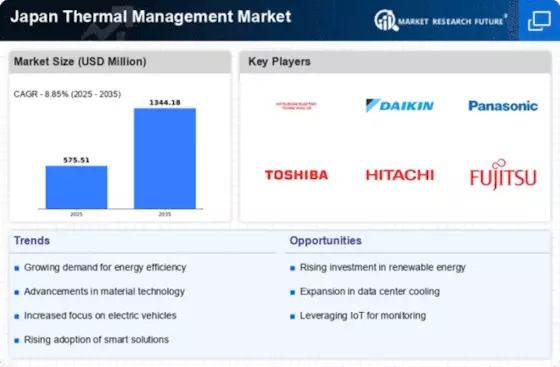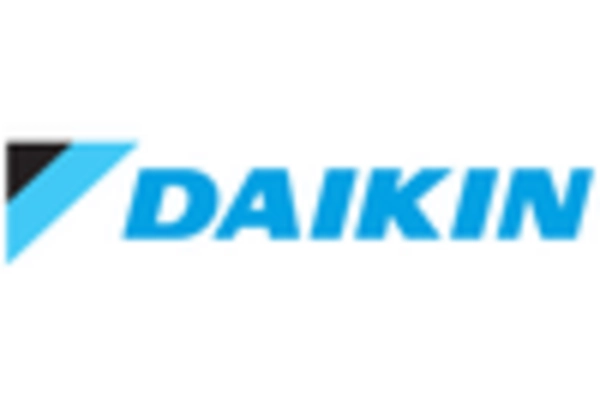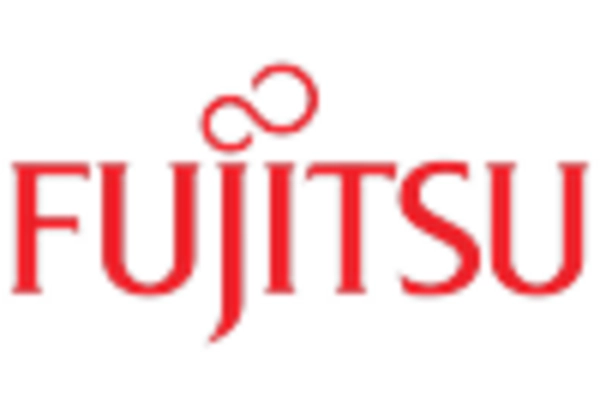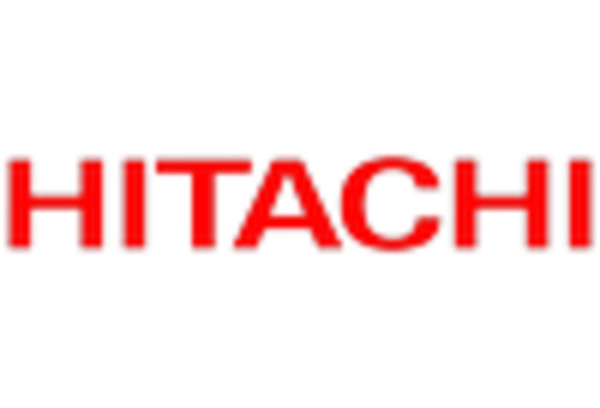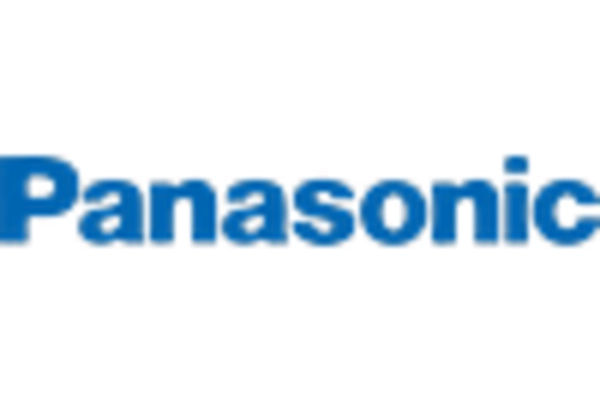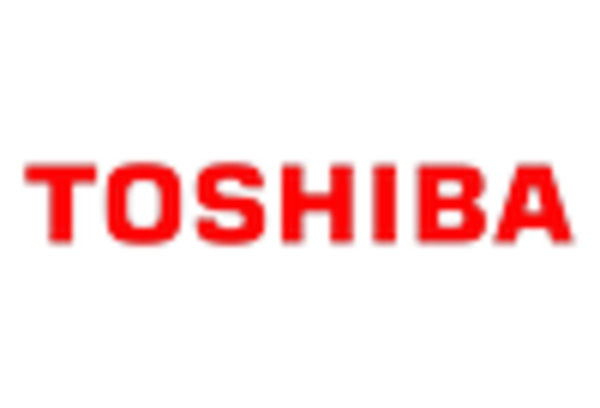Growth in Automotive Sector
The Japan Thermal Management Market is benefiting from the robust growth of the automotive sector, particularly with the increasing production of electric vehicles (EVs). As of January 2026, Japan is one of the leading markets for EVs, with sales projected to reach over 1 million units annually by 2027. This growth necessitates advanced thermal management solutions to address the unique challenges posed by EV batteries and powertrains. Effective thermal management is crucial for maintaining optimal operating temperatures, enhancing battery performance, and ensuring safety. Consequently, automotive manufacturers are investing in innovative thermal management technologies, which is likely to drive the Japan Thermal Management Market forward as it adapts to the evolving needs of the automotive landscape.
Government Regulations and Standards
The Japan Thermal Management Market is significantly influenced by stringent government regulations and standards aimed at enhancing energy efficiency and reducing environmental impact. The Japanese government has implemented various policies that promote the use of energy-efficient technologies across multiple sectors, including automotive, electronics, and industrial applications. For instance, the Top Runner Program encourages manufacturers to develop products that exceed existing energy efficiency benchmarks. As a result, companies operating within the Japan Thermal Management Market are compelled to innovate and adopt advanced thermal management solutions that comply with these regulations. This regulatory landscape not only drives market growth but also fosters a competitive environment where businesses strive to enhance their thermal management capabilities.
Expansion of Renewable Energy Sources
The Japan Thermal Management Market is poised for growth due to the ongoing expansion of renewable energy sources, particularly solar and wind energy. As Japan aims to increase its reliance on renewable energy, the demand for efficient thermal management solutions in energy generation and storage systems is likely to rise. For example, the integration of thermal management technologies in solar panels and energy storage systems can enhance their efficiency and lifespan. The Japanese government has set ambitious targets for renewable energy adoption, which could lead to a substantial increase in investments in thermal management solutions. This trend may create new opportunities for companies within the Japan Thermal Management Market to develop innovative products that cater to the unique requirements of renewable energy applications.
Rising Demand for Consumer Electronics
The Japan Thermal Management Market is experiencing a notable surge in demand for consumer electronics, driven by the increasing adoption of advanced technologies. As of January 2026, the market for consumer electronics in Japan is projected to grow at a compound annual growth rate (CAGR) of approximately 5.2% over the next five years. This growth necessitates effective thermal management solutions to ensure optimal performance and longevity of devices. Manufacturers are increasingly focusing on innovative thermal management materials and systems to address the heat dissipation challenges posed by compact designs and high-performance components. Consequently, the Japan Thermal Management Market is likely to benefit from this trend, as companies invest in research and development to create more efficient thermal solutions that cater to the evolving needs of consumers.
Technological Advancements in Materials
The Japan Thermal Management Market is witnessing a wave of technological advancements in materials used for thermal management applications. Innovations in phase change materials, thermal interface materials, and heat sinks are enabling more efficient heat dissipation and management. As of January 2026, the market for advanced thermal materials is expected to grow significantly, driven by the increasing demand for high-performance electronics and automotive applications. These advancements not only improve the efficiency of thermal management systems but also contribute to the overall performance and reliability of end products. Companies within the Japan Thermal Management Market are likely to capitalize on these technological developments, leading to enhanced product offerings and increased market competitiveness.


